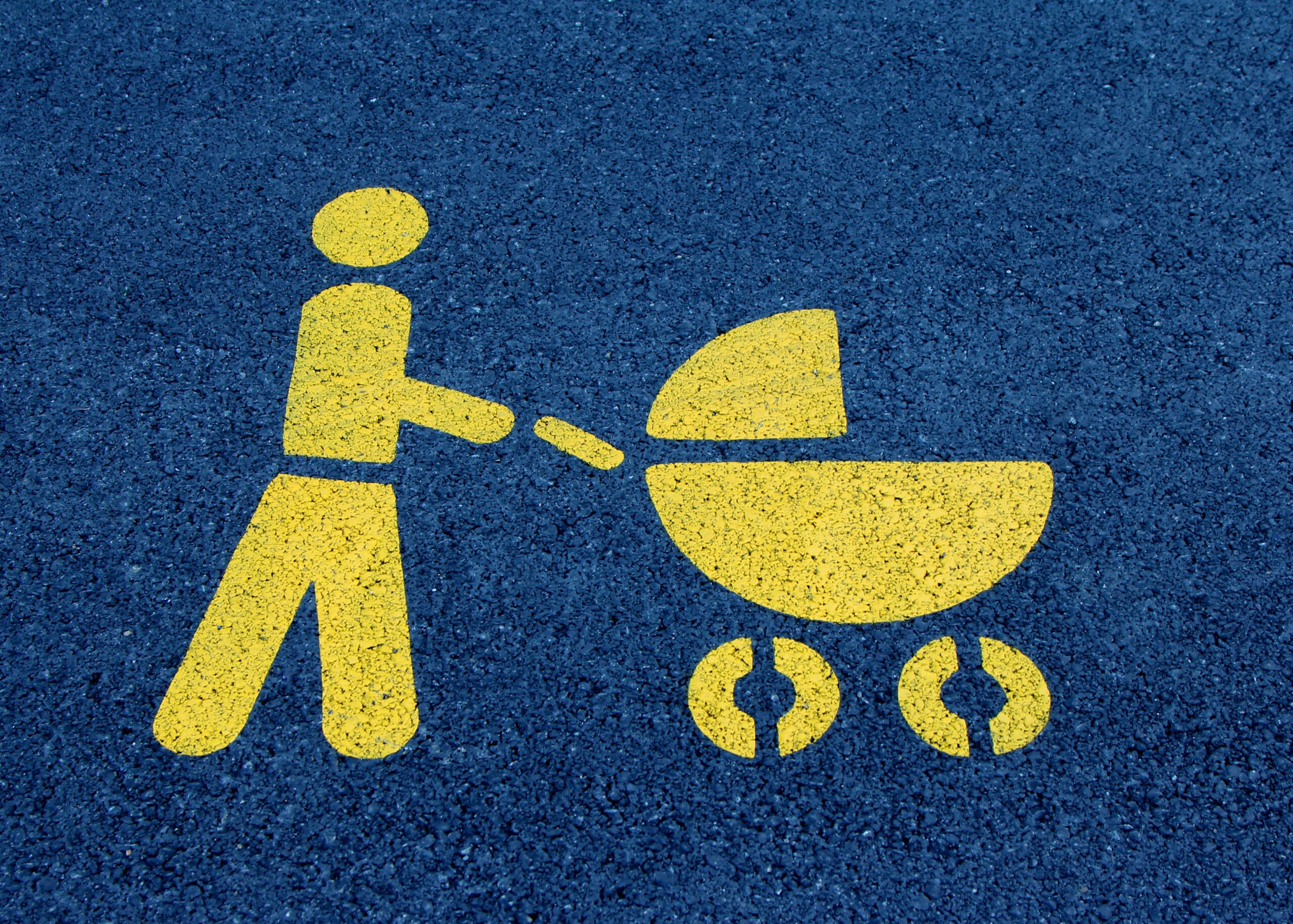Does Child Support Affect Your Credit?


It is never easy when a marriage or partnership ends. Even the quickest, cleanest breaks can still affect your mental health, well-being, and finances. Unfortunately, divorces and break-ups become much more difficult when children are involved. There’s no question that a child deserves the best support and quality of life that each parent can offer, but there’s also no question that this can affect your finances and even your credit.
In this Build blog, we’ll take a deeper look at the construct of child support, how it affects credit, and what to do when preparing, paying, and dealing with child support.
How Child Support Can Affect Your Credit
First and foremost, let’s discuss what child support is and what it isn’t. Child support is a system of ongoing payments made by a parent to another parent or caregiver in order to support the child with costs related to raising the child (or children).[1] Child support is not, however, a loan. You aren’t repaying borrowed money. Therefore, regularly paying toward child support does not positively impact your credit score or report, but missing and late payments will negatively impact your report and score. You’ll also be in contempt of court, which is not an easy ride, either. Getting your wages garnished, having missing payments reported to credit bureaus, and having your bank account frozen are some of the potential consequences of delinquent child support payments.[2]
What Happens When You Pay Off a Child Support Account?
Assuming that any late payments and outstanding reports are avoided– or are well behind you– and the child support account is paid off in full, your account’s status will be cleared. The account is then closed and finalized in good standing. If you had outstanding payments due that you handled appropriately, these will also be scrubbed. This process typically takes a few weeks– if it continues for too long in an outstanding status, you may want to consider filing a dispute.[3]
How to Dispute a Child Support Account as Paid
You need to contact the credit bureaus to dispute your child support account as paid. Whether you file your dispute online or by mail, filing a dispute to update your child support account as paid off is pretty straightforward. After including all the necessary account information, explain the dispute and provide relevant evidence of payments. It’s also encouraged to check with the associated child support agency to ensure all records have been updated.[3]
How Long Does Child Support Stay on Your Credit Report?
We’ve already gone over the fact that regularly paying child support does not positively impact your credit report or score because you aren’t paying toward a loan, credit card, or other sources of credit. However, not paying child support can severely and negatively impact your credit. It’s legally required for missed payments to be reported to credit bureaus. Because of this, delinquent child support payments can stay on your credit report for up to seven years, much like other missed payments. While sometimes you can reach agreements with a child support agency to clear or hold off on reporting delinquent payments if they’re met within a certain timeframe, it’s best and highly advised that you always do your best to make child support payments on time.[3]
What to Do If You Can’t Pay Child Support
The first step in figuring out what to do if you can’t pay child support is to renegotiate terms with the court and child support agency. A few factors classify as viable reasons that your child support payments can’t be met: medical conditions, a decrease in salary, and losing your job. Remember that in the court’s eyes, the child’s quality of life comes first– this means that renegotiating your payments can be difficult and will take time. If the other parent makes enough money to deem child support unnecessary, the payments could be waived, but this is not a common solution. You may also be able to agree with the child support agency to pause reporting late or missing payments while you figure out your next steps.[3] Regardless, always try to figure it out sooner than later. Best of luck!
Disclaimer: Does Child Support Affect Your Credit is intended for educational/informational purposes only and is not intended as financial advice.
Sources:
- Child support
https://en.wikipedia.org/wiki/Child_support
Accessed Apr 18, 2023 - Custodial Mothers and Fathers and Their Child Support: 2017 https://www.census.gov/content/dam/Census/library/publications/2020/demo/p60-269.pdf
Accessed May 8, 2023
- Does Child Support Affect Your Credit?
https://castrolawoffices.com/blog/does-child-support-affect-your-credit/
Accessed Apr 18, 2023 - Will unpaid child support appear on my credit report?
https://www.nolo.com/legal-encyclopedia/will-unpaid-child-support-appear-credit-report.html
Accessed Apr 18, 2023